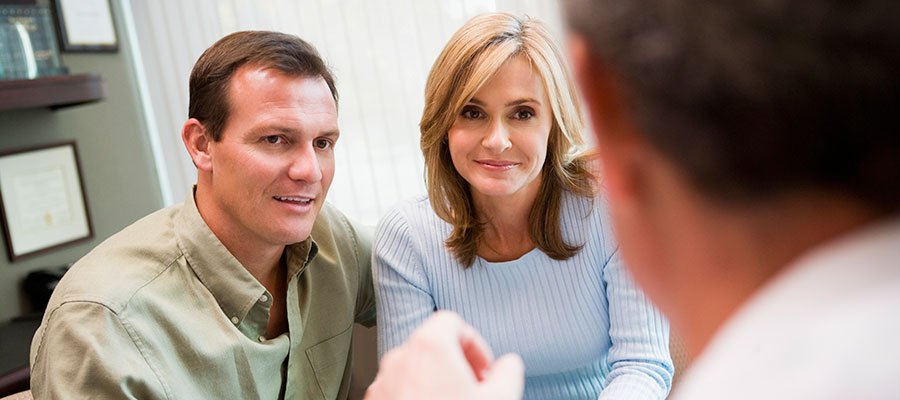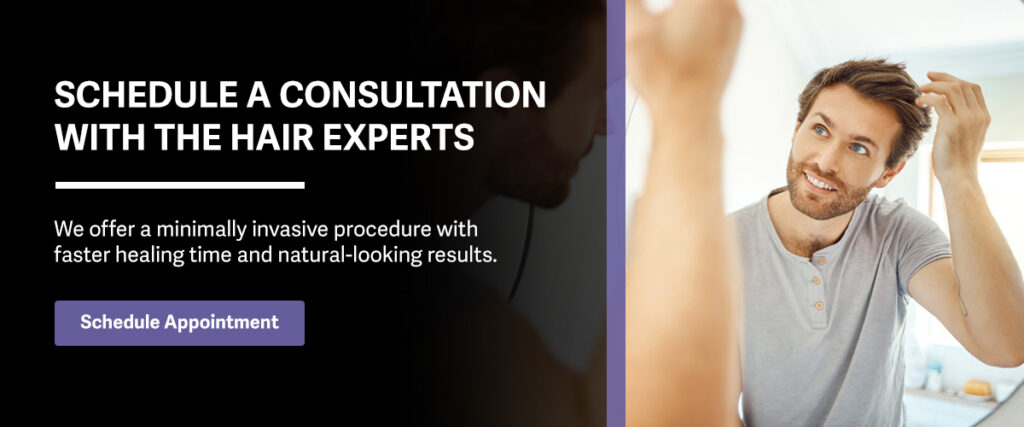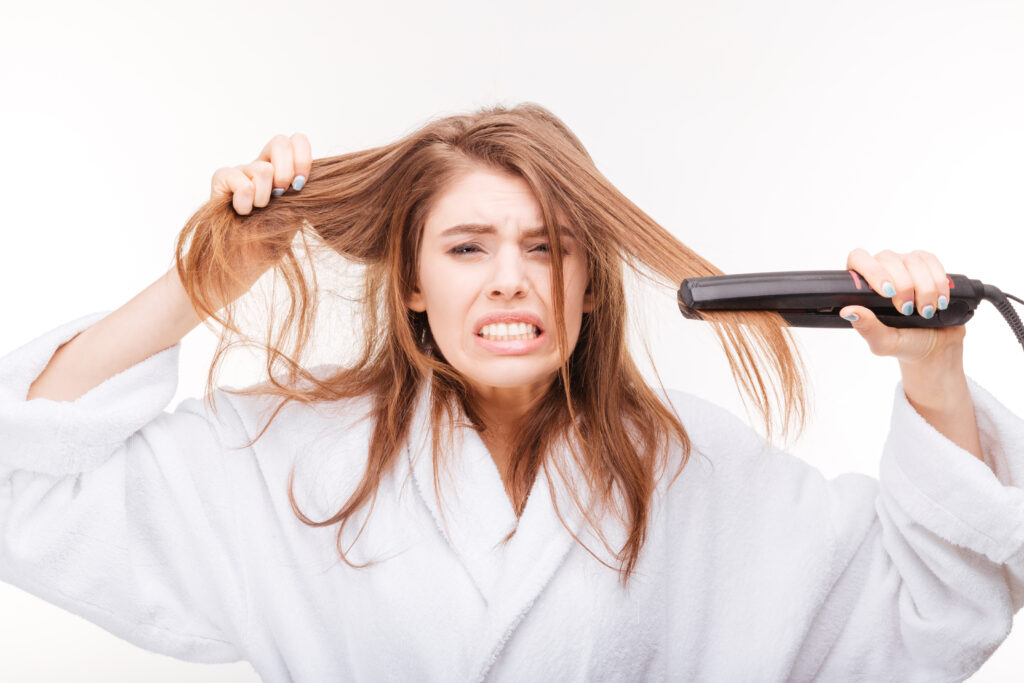Hair loss, or alopecia, is a common issue that affects millions of individuals globally. While it is often associated with aging and genetics, various factors can contribute to premature hair thinning and loss. Understanding the causes of hair loss is crucial for both prevention and effective treatment. This guide explores the primary causes of hair loss, bad habits that exacerbate the condition, and available treatment options.
Consider the innovative ARTAS Robotic Hair Transplant procedure for natural-looking results.
Common Causes of Hair Loss
1. Genetic Factors
Genetics play a significant role in hair loss, particularly in cases of male and female pattern baldness. This hereditary condition leads to gradual thinning and eventual hair loss, typically starting in adulthood.
2. Hormonal Changes
Hormonal fluctuations, especially during significant life events such as pregnancy, childbirth, or menopause, can trigger hair loss. Conditions like hypothyroidism can also affect hormone levels, leading to thinning hair.
3. Nutritional Deficiencies
A poor diet lacking essential vitamins and minerals, such as iron, zinc, and vitamin E, can weaken hair and contribute to shedding. A balanced diet is vital for maintaining healthy hair growth.
4. Stress and Trauma
Both physical and emotional stress can lead to a condition known as telogen effluvium, where hair follicles enter a shedding phase. Major life events, such as the loss of a loved one or job-related stress, can exacerbate this condition.
5. Medical Conditions
Autoimmune disorders, such as alopecia areata, cause the immune system to attack hair follicles, resulting in patchy hair loss. Additionally, scalp infections (like ringworm) can lead to hair loss if left untreated.
6. Medications
Certain medications, including those for cancer, depression, and high blood pressure, can have hair loss as a side effect. Always consult with a healthcare provider about potential side effects before starting new medications.
7. Hair Treatments and Styling Practices
Frequent use of heat styling tools (blow dryers, curling irons) and harsh chemical treatments (hair dyes, relaxers) can damage hair and lead to breakage. Tight hairstyles, such as ponytails or braids, can also cause traction alopecia, a form of hair loss due to constant pulling on hair strands.
8. Environmental Factors
Exposure to environmental pollutants and harsh weather conditions can adversely affect hair health, leading to brittleness and loss.
Bad Habits That Contribute to Hair Loss
- Poor Diet: Not consuming enough nutrients can lead to hair thinning. Focus on a diet rich in vitamins, minerals, and protein to promote hair health.
- Chronic Stress: Both emotional and physical stress can trigger hair loss. Incorporating stress-reduction techniques, such as mindfulness and exercise, can be beneficial.
- Heat Damage: Excessive use of heat styling tools can lead to weakened hair strands. Opt for lower heat settings or air-drying whenever possible.
- Chemical Treatments: Frequent dyeing or chemical treatments can cause irreversible damage. Choose gentler, natural products when possible.
- Ignoring Scalp Health: Failing to wash hair after swimming in chlorinated water can lead to damage. Always rinse hair thoroughly after exposure to chlorine or saltwater.
Treatment Options for Hair Loss

1. Medications
- Minoxidil: An over-the-counter topical treatment that stimulates hair growth and slows down hair loss.
- Finasteride: A prescription medication that blocks the formation of dihydrotestosterone (DHT), a hormone responsible for male pattern baldness.
2. Nutritional Supplements
Consider supplements that support hair health, such as biotin, iron, and omega-3 fatty acids, especially if dietary changes are insufficient.
3. Hair Transplant Surgery
For those experiencing significant hair loss, surgical options, such as Follicular Unit Extraction (FUE) or Follicular Unit Transplantation (FUT), can provide permanent solutions. Consider the ARTAS Robotic Hair Transplant for a minimally-invasive and effective solution.
4. Lifestyle Changes
- Healthy Diet: Incorporate a balanced diet rich in vitamins and minerals to promote hair growth.
- Stress Management: Engage in regular physical activity, meditation, or hobbies to reduce stress levels.
5. Scalp Treatments
Regular scalp massages and the use of essential oils can promote blood circulation and strengthen hair follicles.
Talk to a Professional about Your Hair Needs
Hair loss can be a distressing experience, but understanding its causes and implementing preventive measures can significantly improve hair health. Whether due to genetics, hormonal changes, or lifestyle factors, there are numerous treatment options available. Consult with a hair specialist about the ARTAS Robotic Hair Transplant to determine if it’s the right solution for your individual needs. By taking proactive steps, you can maintain healthy hair and improve your overall well-being.




